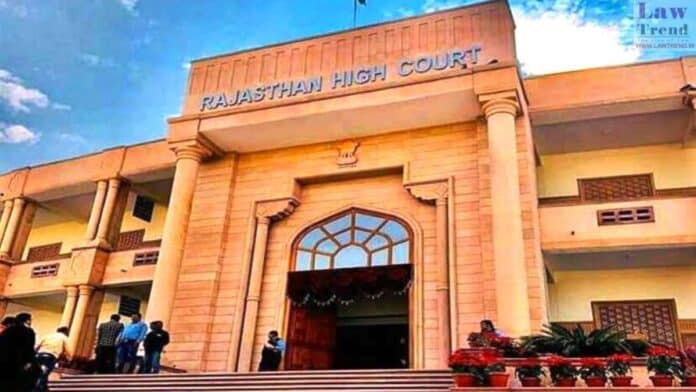In a landmark ruling, the Rajasthan High Court, in Gajendra Singh Shekhawat v. State of Rajasthan & Ors. (S.B. Criminal Misc. Petition No. 1375/2023), reiterated the legal requirement that no further investigation can be conducted against a prime accused without the trial court’s permission, once an investigative report has been filed. The decision was issued
To Read More Please Subscribe to VIP Membership for Unlimited Access to All the Articles, Download Available Copies of Judgments/Order, Acess to Central/State Bare Acts, Advertisement Free Content, Access to More than 4000 Legal Drafts( Readymade Editable Formats of Suits, Petitions, Writs, Legal Notices, Divorce Petitions, 138 Notices, Bail Applications etc.) in Hindi and English.




